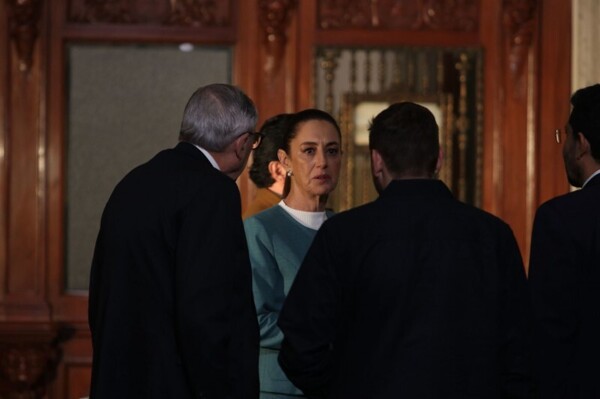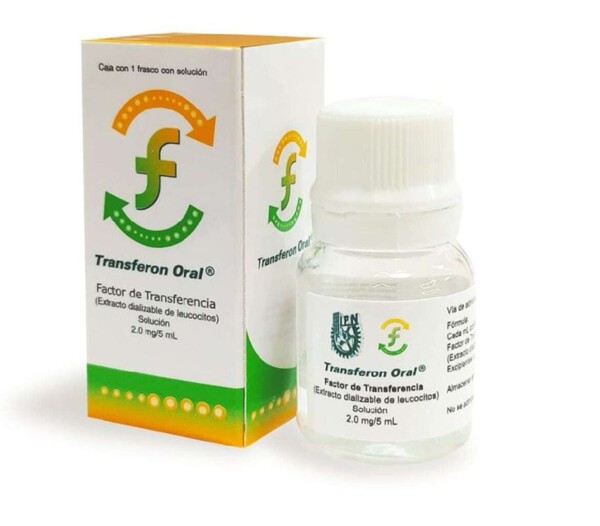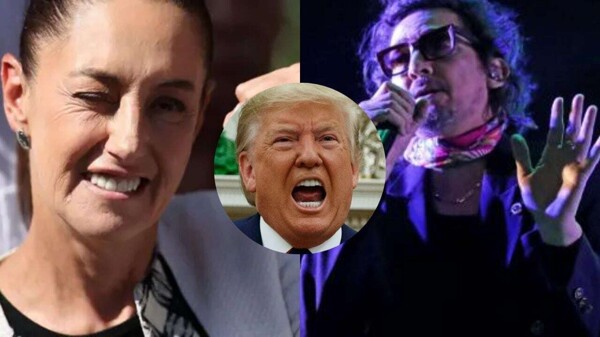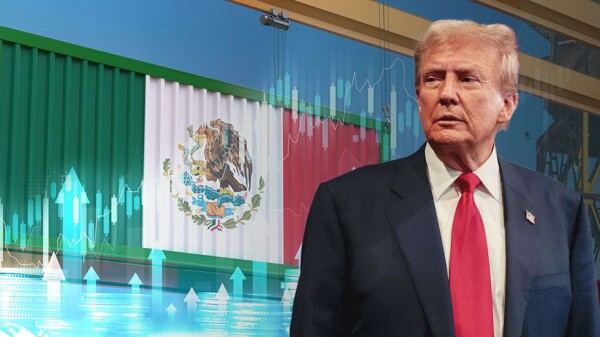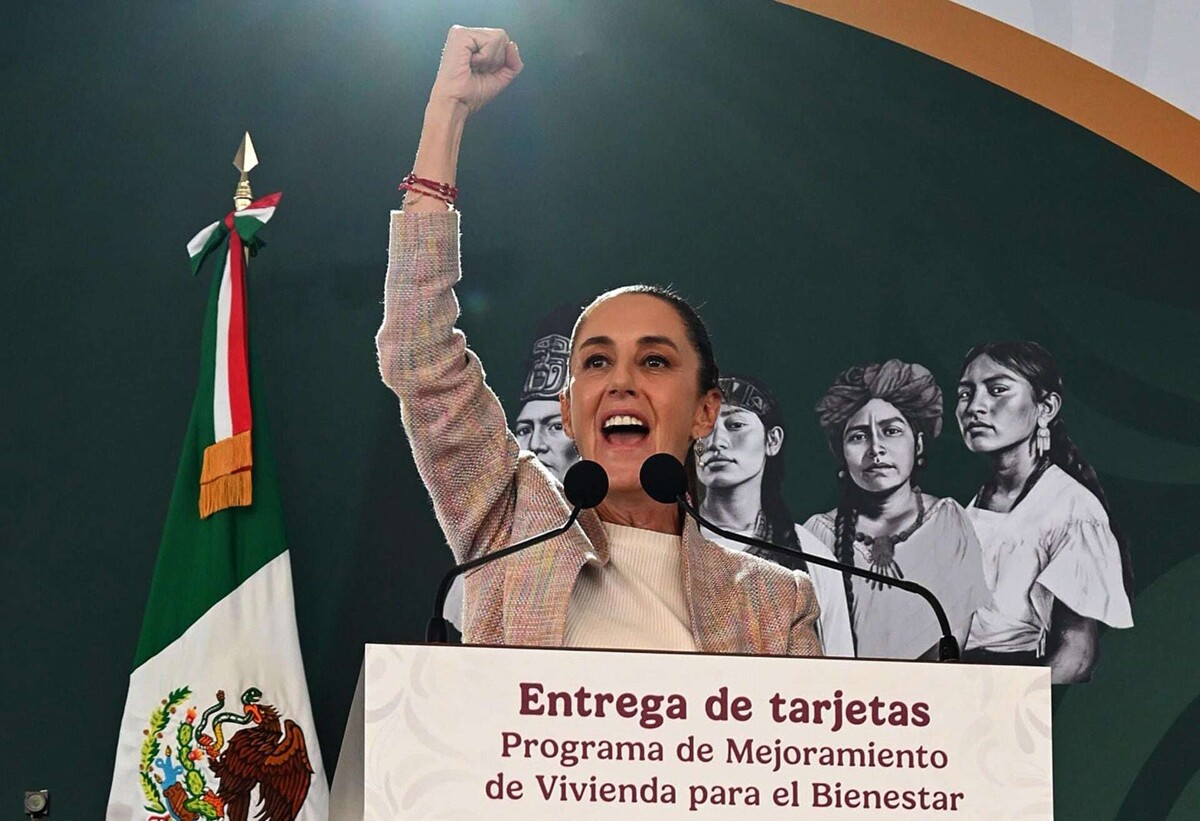
The President of Mexico, Claudia Sheinbaum, denied the accusations from the White House regarding alleged alliances of the Mexican government with drug cartels. In January, the U.S. Department of Justice revealed the sale of high-powered weapons to criminal groups in the United States, which Sheinbaum pointed out in her statements.
Regarding fentanyl trafficking, Sheinbaum stated that her administration has managed to reduce it by seizing nearly 40 tons of drugs, including 20 million doses of fentanyl in the last four months. She also mentioned that more than 10,000 people linked to drug cartels have been arrested as part of the strategy to combat this issue.
In response to the White House's accusations, Sheinbaum expressed that if the United States wanted to address fentanyl consumption in its country, it should combat the sale of narcotics in its cities and the money laundering generated by this illegal activity. In this sense, she referred to the White House's characterization of the situation as "slander" and rejected the accusations of having alliances with criminal organizations.
Tensions between Mexico and the United States have intensified following the White House's statements, which referred to Mexican cartels as major traffickers of fentanyl, methamphetamine, and other drugs globally, citing a supposed alliance with the Mexican government that jeopardizes U.S. national security.
The U.S. government justified imposing tariffs on Mexico and other countries due to what it considers insufficient action against fentanyl trafficking. In response, the Mexican government announced the activation of a Plan B to address these tariffs, reiterating its rejection of the accusations of collaboration with criminal organizations and any attempts at interference in its territory.











